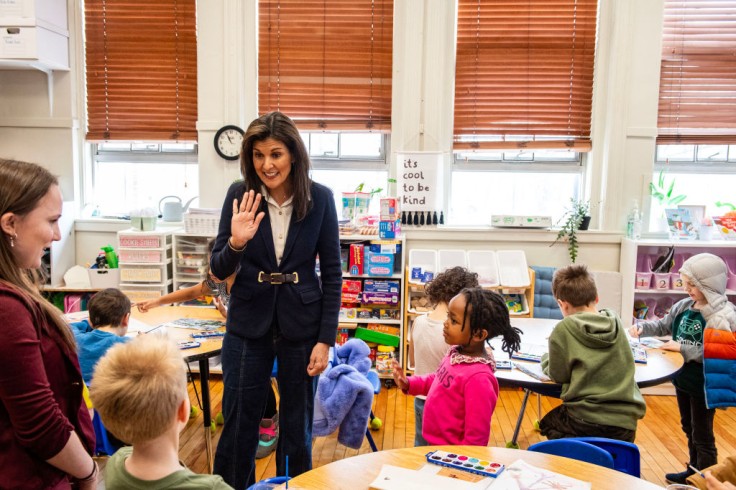
A bill aimed at tightening constraints on dialogue encompassing "gender identity or sexual orientation" in public schools is advancing through the Alabama legislature, having passed the state House on Tuesday.
K-5 Classrooms Should Abstain from Discussing Sexual Orientation
The present law specifies that classrooms from kindergarten through fifth grade should not employ dialogue or give instruction concerning sexual orientation or gender identity in a manner regarded unsuitable for students' age or developmental stage, as per state standards.
Opponents of the bill contested its need and debated that it sends a pessimistic message to LGBTQ+ families, students, and educators.
Democratic Representative Marilyn Lands of Madison highlighted the humanity of LGBTQ+ persons and urged colleagues to dismiss the bill. Democratic Representative Phillip Ensler of Montgomery disapproved of the focus on what he called "made-up stuff" instead of important issues like gun violence and healthcare. The vote largely followed party lines, with Republicans supporting the bill and Democrats conflicting it.
The legislation seeks to broaden the current prohibition on discussions of gender identity or sexual orientation, currently applicable up to the fifth grade, to include the sixth, seventh, and eighth grades.
Originally proposed to extend through 12th grade, the bill was scaled back at the request of state education officials. Supporters, including bill sponsor Republican Representative Mack Butler, framed it as a parental rights issue, arguing that such discussions should be handled by parents rather than teachers.
Read Also : Bisexuality Prevails: LGBTQ+ Identification Soars To All-Time High in US, Led by Gen Z Women
Critics of 'Don't Say Gay' Policy Limit Discussions on Gender and Sexuality
Critics, such as Carmarion D. Anderson-Harvey, the Alabama director of the Human Rights Campaign, view the legislation as an attempt to increase censorship and hostility toward LGBTQ+ families and students in Alabama classrooms.
Meanwhile, Florida recently settled a similar law, clarifying that it does not prohibit mention of LGBTQ+ people or the existence of Gay-Straight Alliance groups, nor does it apply to library books not used for classroom instruction.
Several other states, including Alabama, Arkansas, Indiana, Iowa, Kentucky, and North Carolina, have passed similar measures following Florida's lead.
State Rep. Mack Butler, who sponsored the bill, stated during a March hearing that the legislation is a response to what he sees as "indoctrination" occurring in schools, aiming to "purify" the educational environment. He suggested that such teachings are influenced by Marxist ideology and should be relegated elsewhere, away from schools.
Critics of the bill, dubbed "Don't Say Gay," argue that it could essentially constraint dialogue on gender and sexuality, encompassing both LGBTQ and non-LGBTQ identities.
They also contend that the legislation violates the First Amendment rights of both students and teachers, potentially silencing LGBTQ individuals within classrooms.
The ACLU of Alabama has voiced opposition to the bill, stating that if enacted, it would eliminate inclusive discussions crucial at all life stages.
Similar laws in other states, such as Florida, have sparked controversy and inspired comparable policies nationwide. However, a lawsuit against Florida's legislation led to a settlement wherein students and educators are allowed to discuss LGBTQ topics or incorporate them into their work, provided such discussions are not part of the formal curriculum. Both proponents and opponents have claimed this decision as a victory.
Related Article: Georgia Association of Educators Sue School District Concerning Limitations on Race, LGBTQ Topics in Classrooms